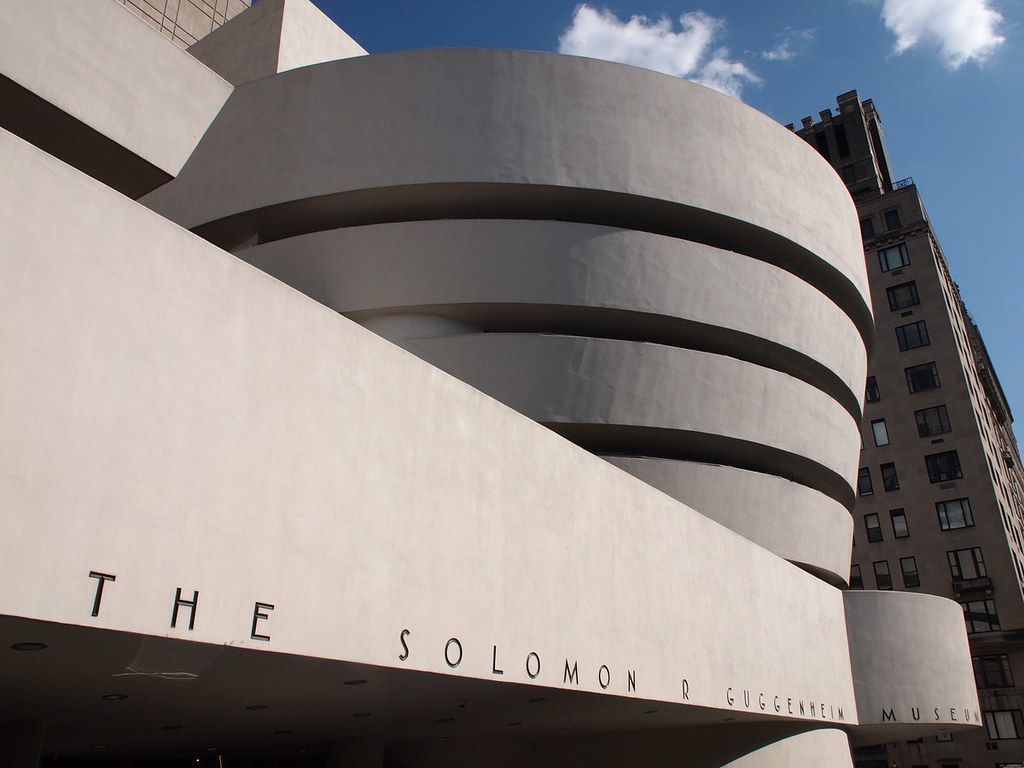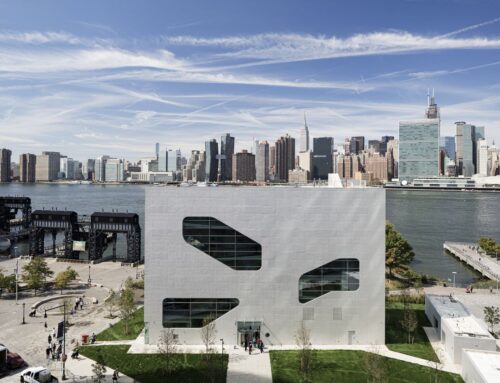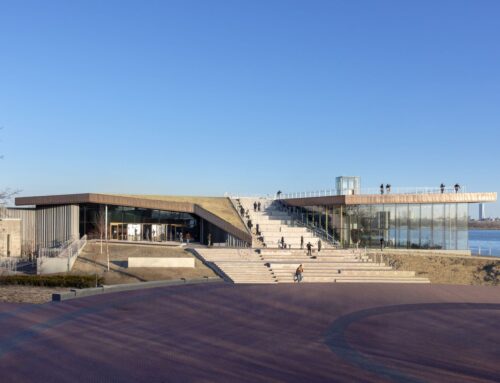In 2019, the Solomon R. Guggenheim Museum celebrates 60 years as an architectural icon. Since opening its doors on October 21, 1959, the Frank Lloyd Wright-designed building has inspired generations of visitors as a unique “temple of spirit” where radical art and architecture meet.
Museum events leading up to the building’s anniversary day in October will offer members and the public new opportunities for inspiration, connection, and contemplation. On-site tours and activities will explore the history and details of the architectural masterpiece, and The Wright restaurant and Cafe 3 will update their menus with favorites of the museum’s visionary founders. Guggenheim fans around the world can look forward to behind-the-scenes videos, a blog series featuring guest writers from the fields of architecture and design, and a chance to share their own transformative experiences in the museum using the hashtag #Guggenheim60.
Frank Lloyd Wright (1897-1959) coined the term organic architecture, whose central idea is that construction must be derived directly from the natural environment. From the beginning of his career he rejected the neo-classical and Victorian styles that prevailed at the end of the 19th century. He always opposed the imposition of any style, convinced as he was that the shape of each building must be linked to its function, the environment and the materials used in its construction.
Recently, the Guggenheim Museum in New York has been added to UNESCO’s World Heritage List, including his iconic Fallingwater house, the Frederick C Robie House, Illinois, Hollyhock House, California, the Herbert and Katherine Jacobs House, and Wisconsin, Unity Temple in Oak Park, along with Wright’s homes and studios at Taliesin, Wisconsin, and Taliesin West, Arizona – both of which are now home to The School of Architecture at Taliesin.
Source: Guggenheim







